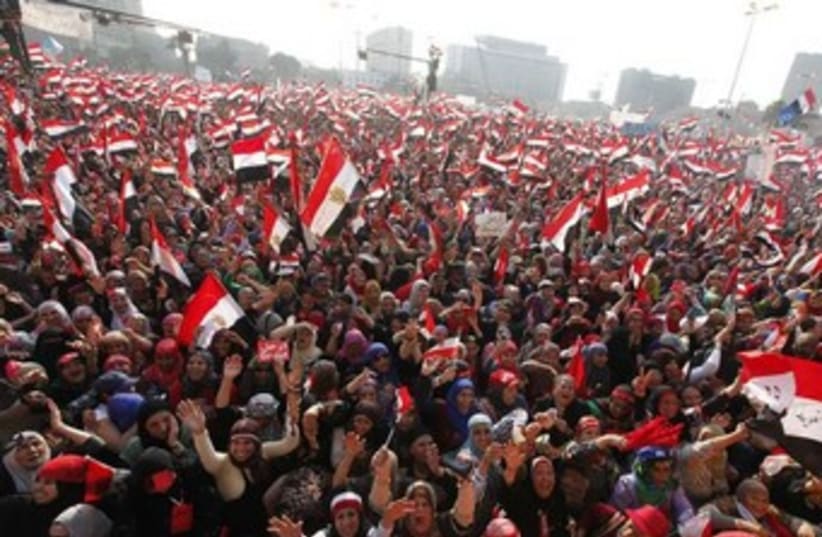Mansour sworn in as Egyptian head of state; Morsi held by army; at least 14 killed in clashes
Hundreds wounded as Morsi supporters and opponents clash across the country; Mansour says he plans to hold elections, does not say when; US to mull cutting off Egypt's military aid; Muslim Brotherhood leader, deputy arrested.
